What first-generation college students can teach us in 2017
In the weeks leading up to the presidential inauguration of Donald Trump on January 20, 2017, the United States remains divided. Citizens reside in discrete ideological silos, rarely talking with each other. The lack of conversation can be particularly acute on college campuses. Identity politics, complete with segregated safe spaces, often define collegiate interactions. There is one group on campus, however, first-generation college students (those whose parents have not graduated from college), in which students of different races and ethnicities routinely come together.
First-generation college students and their campus organizations have the potential for inclusive conversations that transcend race, ethnicity, and gender. When these students communicate with each other through the lens of social class, they are on common ground. First-generation college students have the ability to crystallize and share experiences influenced by economic (income, value of property, and savings), cultural (interests, activities, and taste), and social capital (number and status of people they know). Researchers have found that as little as a one-hour intervention focused on discussions of social class can significantly narrow the achievement gap among first-generation college students.
MarYam Hamedani at Stanford University, and Nicole Stephens and Mesmin Destin at Northwestern University, wrote about a first-generation college student experiment they conducted at the beginning of an academic year. In the intervention, third- and fourth-year students from widely varying backgrounds talked with a group of incoming freshmen—some first generation, some not. They discussed personal stories as well as obstacles and strategies for college success that they linked to their different social class backgrounds.
In another intervention, older students discussed the same issues without reference to social class. What did the researchers find? The results were that those who heard the older students talk about social class did better in every area, from academics to social involvement, than those who hadn’t. “Talking about social class gives first-generation students a framework to understand how their own backgrounds matter in college, what unique obstacles they may face, and [to] see that people like them can be successful,” the researchers wrote.
Talking about social class gives first-generation students a framework to understand how their own backgrounds matter in college
Economic and occupation changes in the 21st century have blurred the divide between middle and working class people. The current levels of inequality in the United States today are remaking traditional definitions of social class. In an ongoing British study, for example, researchers define at least seven social classes in 2017.
First generation students are trailblazers — they defy common characteristics of students who traditionally attend college. Most first gens do not have the opportunity to attend elite universities. The vast majority of first-generation college students start out at community colleges, sometimes matriculate to four-year institutions, but generally graduate from college at very low rates. Those first gens who are at college or attending university represent a unique bridge between members of communities whose members do not understand each other because they rarely communicate with each other.
When first-generation students talk together, listen together, reflect together, and share empathetic curiosity, they open the door to a wider conversation between communities that rarely interact. First-generation college students have the potential to consider, not reject, seemingly incompatible ideas and face 2017 as a challenge, not a catastrophe.



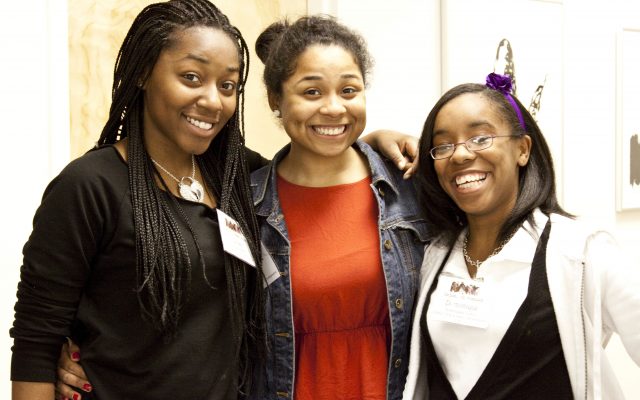
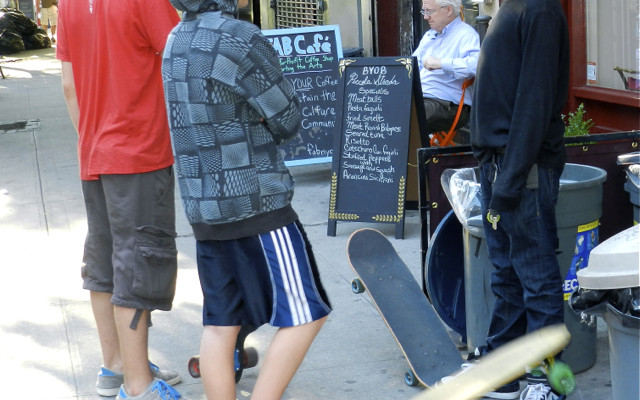
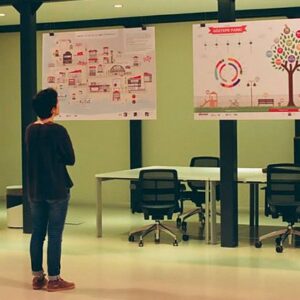

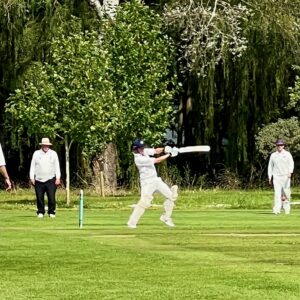
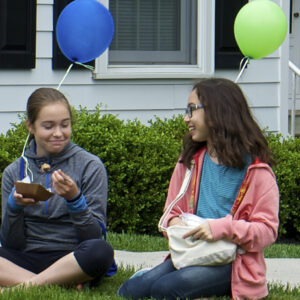


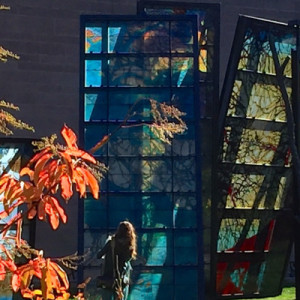
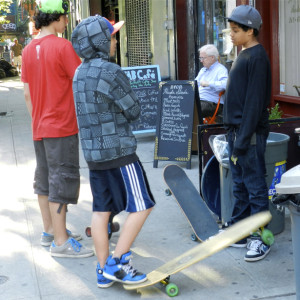
No Comments Yet!
You can be first to comment this post!